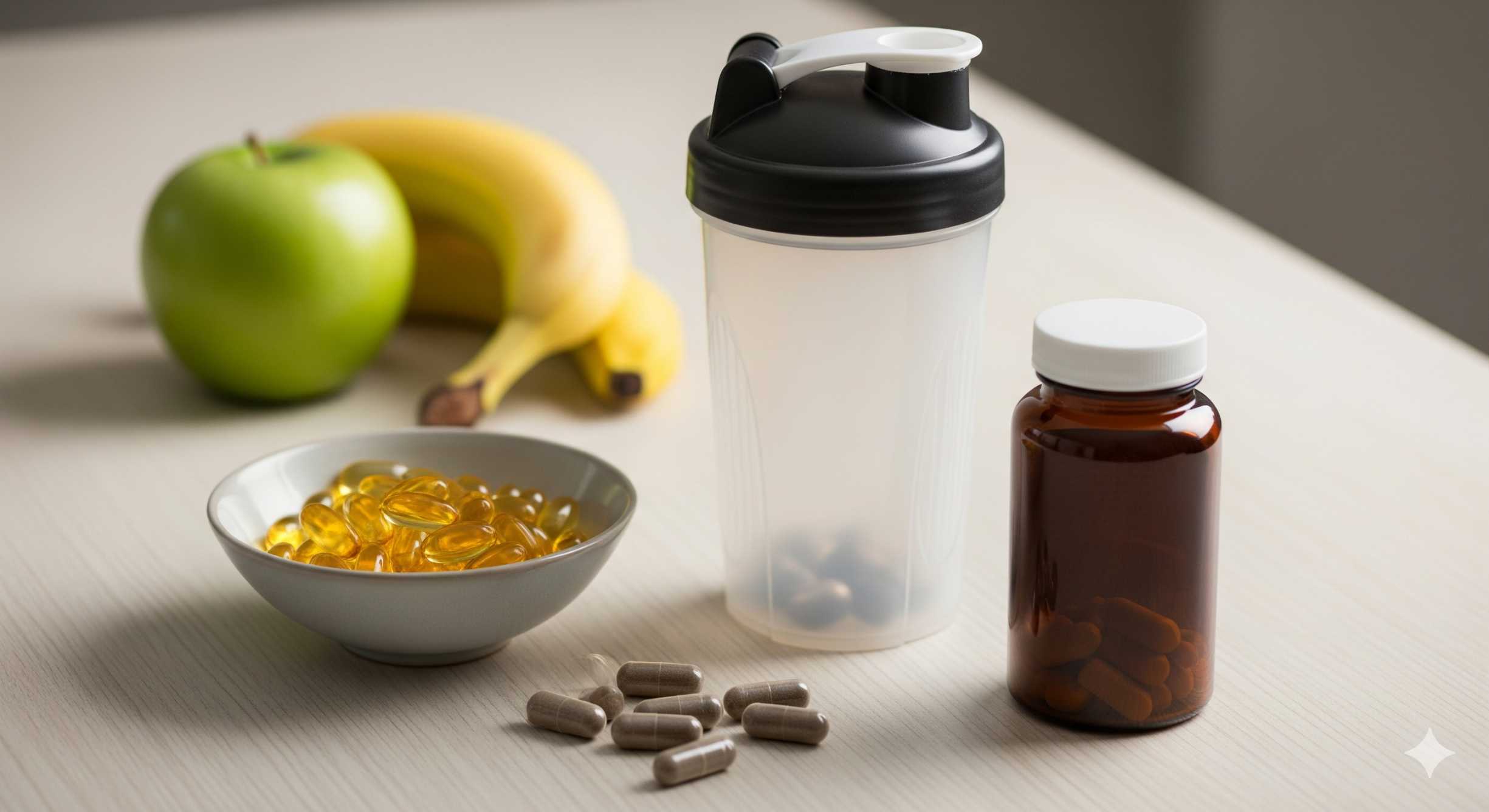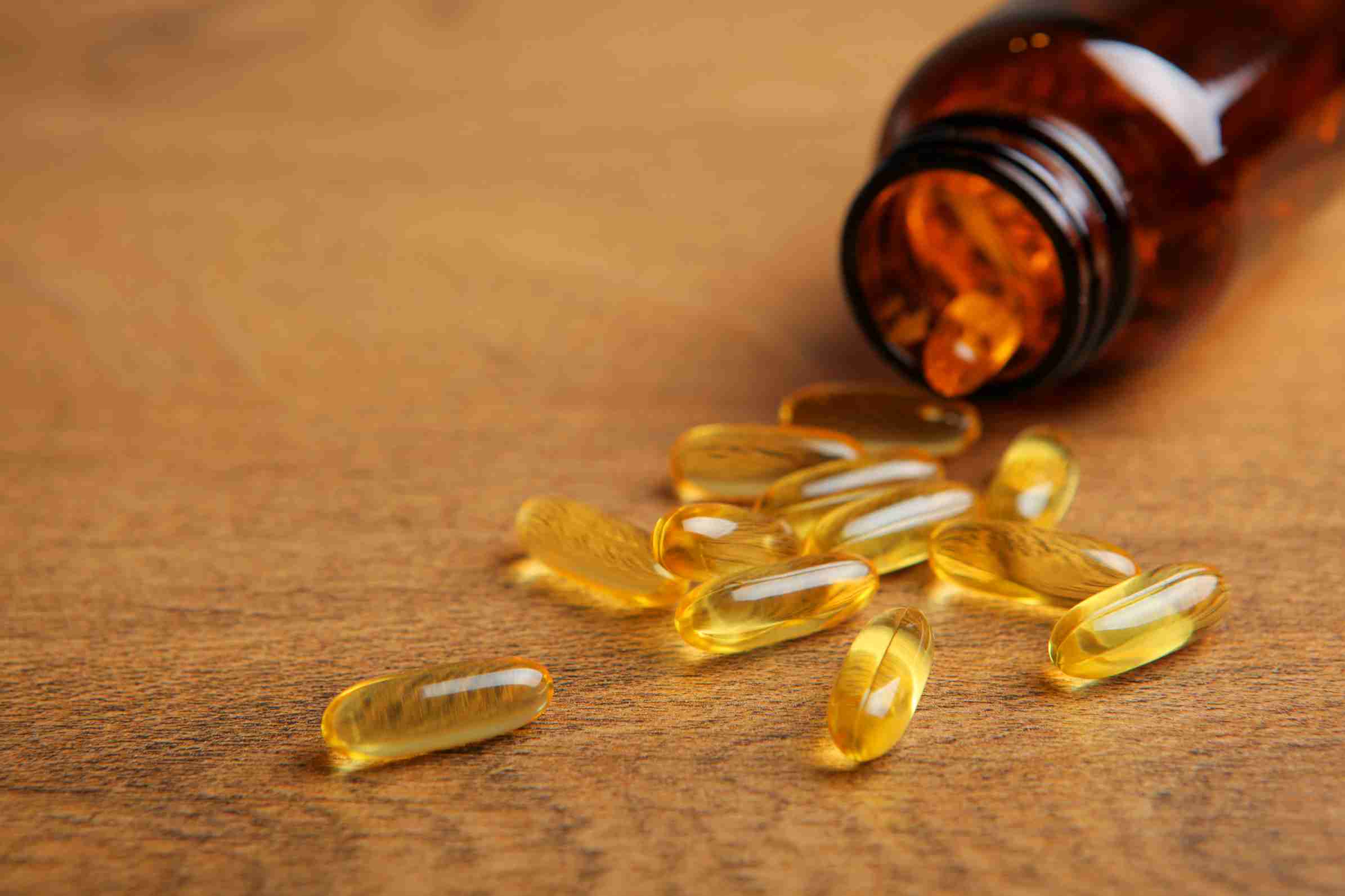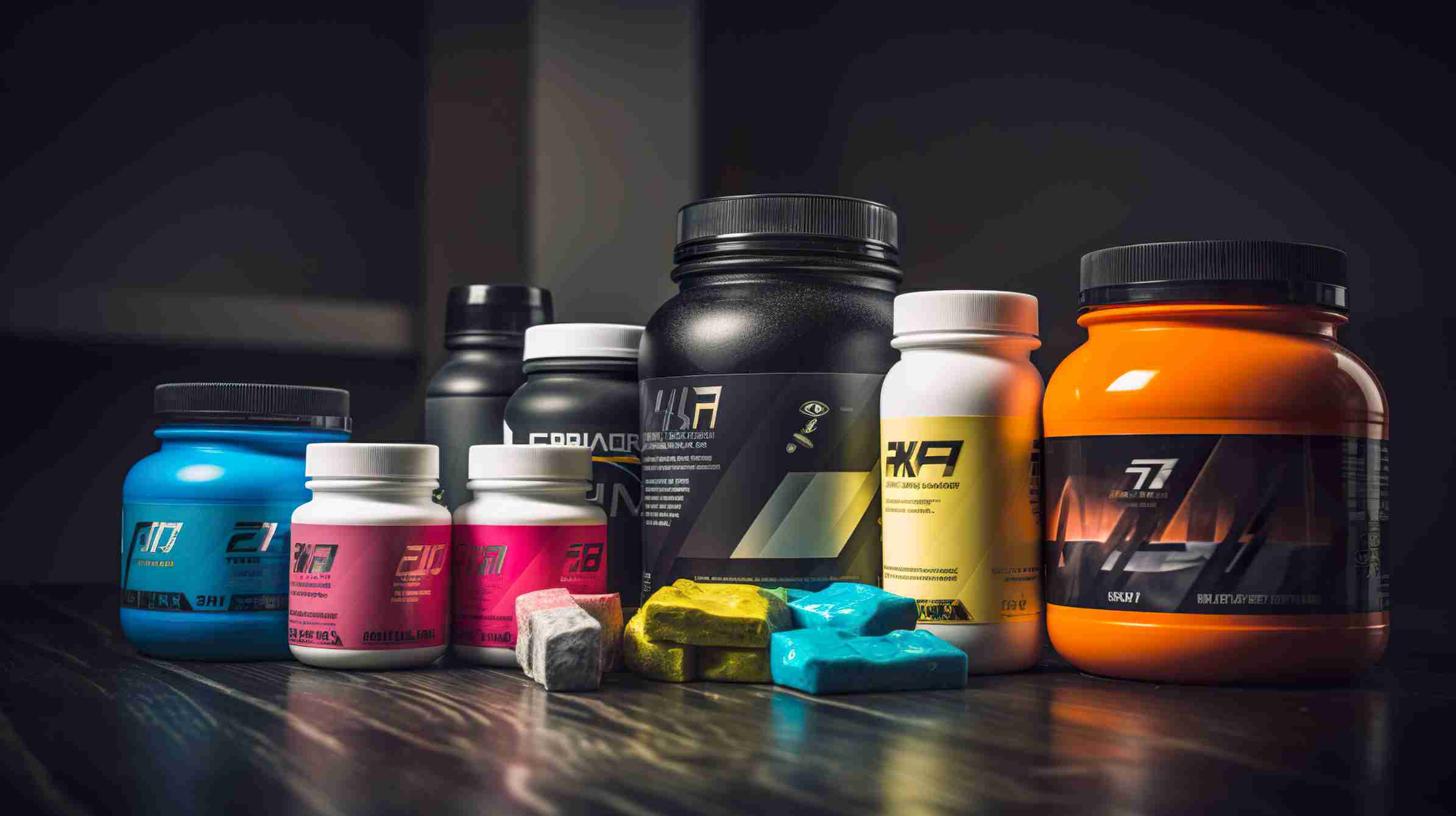In today’s fast-paced world, maintaining your health and fitness can feel like a juggling act. Between work, social life, and workouts, making sure your body gets the nutrients it needs can be tricky. That’s where supplements come in—but knowing what to take, how to take it, and whether it’s even necessary can be overwhelming. This supplements guide TheWeeklyHealthiness breaks it all down, helping beginners and fitness enthusiasts alike understand how to safely integrate supplements into their routine.
Why You Need a Supplements Guide
Supplements are powerful tools when used correctly, but they can also cause harm if misused. The supplements guide TheWeeklyHealthiness emphasizes three crucial points:
- Consult a Professional: Never start a supplement regimen without a doctor or certified coach. Your health conditions, medications, and fitness goals all affect what’s safe for you.
- Prioritize Natural Health: Supplements should complement a balanced diet and consistent exercise—not replace them.
- Mind the Dosage: Overusing supplements can strain your liver, kidneys, or other systems. Always follow recommended guidelines.
By following these rules, you can maximize benefits while minimizing risks.
Key Supplements for Beginners

Here’s a breakdown of the most common supplements for fitness enthusiasts, along with their uses, benefits, and tips.
| Supplement | What It Does | Benefits | How to Use |
| Protein Powder | Provides extra protein to support muscle repair | Aids muscle recovery, growth, and repair | Mix with water or milk post-workout |
| Creatine | Increases ATP production for energy | Boosts strength, endurance, and power output | 3–5g daily; optional loading phase of 20g/day for one week |
| BCAAs | Branched-chain amino acids for energy | Reduces fatigue, prevents muscle breakdown, helps with soreness | Sip during or after workouts |
| Multivitamin | Provides essential vitamins and minerals | Fills nutrient gaps, supports immune system | Take with a meal for better absorption |
| Fish Oil (Omega-3s) | Anti-inflammatory fatty acids | Supports joint health, reduces exercise-induced inflammation, aids recovery | Daily, often with a meal |
Protein Powder: Muscle’s Best Friend
Protein is the building block of muscles, and for anyone hitting the gym regularly, it’s essential to get enough. While whole foods like eggs, chicken, and beans are excellent sources, protein powders provide convenience and a concentrated dose.
Benefits:
- Repairs muscle tissue after workouts
- Supports muscle protein synthesis
- Helps with recovery and growth
Usage Tips:
- Mix with water, milk, or a smoothie
- Take within 30 minutes after your workout for optimal benefits
Creatine: The Energy Booster
Creatine is one of the most researched supplements in fitness. It naturally occurs in your muscles and helps produce ATP, the energy your body uses during high-intensity workouts.
Benefits:
- Increases strength and power
- Enhances performance during short bursts of intense exercise
- Supports muscle growth over time
Usage Tips:
- Standard daily dose: 3–5 grams
- Optional loading phase: 20 grams per day for 5–7 days
- Stay hydrated, as creatine can increase water retention in muscles
BCAAs: Recovery and Endurance

BCAAs—branched-chain amino acids including leucine, isoleucine, and valine—are crucial for energy production and muscle protein synthesis. They are especially useful for beginners adjusting to intense workouts.
Benefits:
- Reduces muscle soreness
- Decreases fatigue during exercise
- Prevents muscle breakdown
Usage Tips:
- Sip during workouts or immediately afterward
- Combine with protein for better results
Multivitamins: Filling Nutritional Gaps
Even with a balanced diet, it’s easy to miss certain vitamins and minerals. Multivitamins provide a broad spectrum of nutrients to keep your body functioning optimally.
Benefits:
- Supports overall health
- Enhances immune function
- Compensates for nutrient deficiencies
Usage Tips:
- Take once daily with a meal
- Choose a formula tailored to your age, sex, and activity level
Fish Oil (Omega-3s): The Anti-Inflammatory Ally
Omega-3 fatty acids, found in fish oil, are known for their anti-inflammatory properties and overall health benefits.
Benefits:
- Reduces exercise-induced inflammation
- Supports joint health
- Aids recovery from intense training
Usage Tips:
- Take daily with meals
- Look for high-quality, purified sources to avoid contaminants
How to Choose the Right Supplements
Not all supplements are created equal. Here’s what to consider when picking the best options:
- Quality and Testing: Look for third-party testing or certifications to ensure purity and potency.
- Ingredients: Avoid unnecessary additives, fillers, or artificial flavors.
- Dosage: Stick to recommended doses and avoid megadosing.
- Personal Goals: Align supplements with your fitness or health goals—muscle gain, recovery, joint health, etc.
- Professional Guidance: Always discuss with a healthcare provider before starting a new supplement.
Common Mistakes to Avoid

Even with the best intentions, beginners often make these errors:
- Skipping Meals: Supplements are not meal replacements. Eat a balanced diet first.
- Overdosing: More isn’t always better. Follow guidelines.
- Ignoring Quality: Cheap supplements can contain contaminants or ineffective doses.
- Neglecting Exercise: Supplements only enhance results—they don’t replace hard work.
Also Read: Best tasting protein powder
FAQs: Supplements Guide TheWeeklyHealthiness
Can I take supplements without consulting a doctor?
No. Supplements can interact with medications and health conditions. Always consult a healthcare provider.
How long before I see results from supplements?
It depends on the supplement and your goals. Protein and creatine may show effects within weeks, while omega-3s benefit long-term recovery and inflammation.
Are all protein powders the same?
No. Whey, casein, plant-based, and blended proteins have different digestion rates, amino acid profiles, and suitability for dietary preferences.
Can supplements replace a healthy diet?
Absolutely not. Supplements are meant to complement a balanced diet, not replace whole foods.
Are there risks to taking too many supplements?
Yes. Overuse can strain your liver, kidneys, or heart. Stick to recommended doses and seek professional guidance.
Conclusion: Smart Supplementation for Beginners
The supplements guide TheWeeklyHealthiness emphasizes a simple philosophy: use supplements to support a natural and healthy lifestyle, not replace it. By consulting professionals, prioritizing whole foods, and carefully choosing high-quality products, you can safely enhance your workouts, improve recovery, and support overall health.
Remember, consistency in diet, exercise, and responsible supplementation is the key to achieving lasting results. Treat supplements as allies, not shortcuts, and your body will thank you for years to come.




